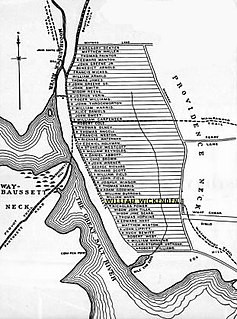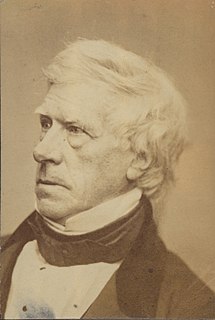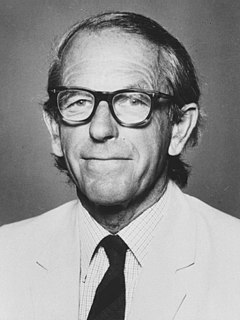A Quote by Kay Redfield Jamison
The pursuit of knowledge is an intoxicant, a lure that scientists and explorers have known from ancient times; indeed, exhilaration in the pursuit of knowledge is part of what has kept our species so adaptive.
Related Quotes
The essence of modernity is that progress no longer waits on genius; instead we have learned to put our faith in the organized efforts of ordinary men. Science is as old as the race, but the effective organization of science is new. Ancient science, like placer mining, was a pursuit of solitary prospectors. Nuggets of truth were found, but the total wealth of knowledge increased slowly. Modern man began to transform this world when he began to mine the hidden veins of knowledge systematically.
The Socratic maxim that the recognition of our ignorance is the beginning of wisdom has profound significance for our understanding of society. Most of the advantages of social life, especially in the more advanced forms that we call "civilization" rest on the fact that the individual benefits from more knowledge than he is aware of. It might be said that civilization begins when the individual in the pursuit of his ends can make use of more knowledge than he has himself acquired and when he can transcend the boundaries of his ignorance by profiting from knowledge he does not himself possess.
Knowledge signifies things known. Where there are no things known, there is no knowledge. Where there are no things to be known, there can be no knowledge. We have observed that every science, that is, every branch of knowledge, is compounded of certain facts, of which our sensations furnish the evidence. Where no such evidence is supplied, we are without data; we are without first premises; and when, without these, we attempt to build up a science, we do as those who raise edifices without foundations. And what do such builders construct? Castles in the air.
The pursuit of God is not a part-time, weekend exercise. If it is, chances are you will experience a part-time, weekend freedom. Abiding requires a kind of staying power. The pursuit is relentless. It hungers and thirsts. It pants as the deer after the mountain brook. It takes the kingdom by storm...The pursuit of God is a pursuit of passion. Indifference will not do. To abide in the Word is to hang on tenaciously. A weak grip will soon slip away. Discipleship requires staying power. We sign up for duration. We do not graduate until heaven.
Although humans have existed on this planet for perhaps 2 million years, the rapid climb to modern civilization within the last 200 years was possible due to the fact that the growth of scientific knowledge is exponential; that is, its rate of expansion is proportional to how much is already known. The more we know, the faster we can know more. For example, we have amassed more knowledge since World War II than all the knowledge amassed in our 2-million-year evolution on this planet. In fact, the amount of knowledge that our scientists gain doubles approximately every 10 to 20 years.






































